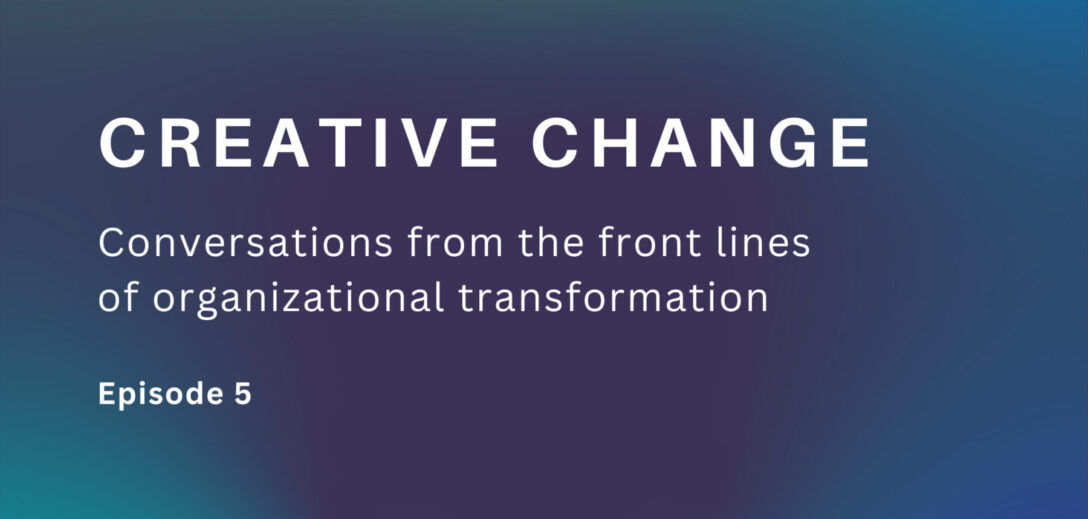Since the COVID-19 pandemic, the strain on the US healthcare system has only worsened. In 2022, the American Hospital Association estimated that half a million nurses would leave the field by the end of the year. With fewer personnel in hospitals to care for patients, the healthcare industry needs new solutions to ensure that the standard of care continues to grow.
But the pandemic also accelerated one of the most significant paradigm shifts in modern healthcare. As hospitals become more overloaded, care that traditionally took place in a hospital setting is now shifting into the home. This transformative trend is propelled by the rapid advancement of patient monitoring technologies, heralding a new era in healthcare delivery.
Central to this shift is the importance of patient-centered care.
Historically, healthcare delivery has been synonymous with hospital visits. This often poses logistical and emotional burdens on patients and their families. However, through the deployment of remote patient monitoring technologies, healing can seamlessly intertwine with the rhythm of everyday life. Healthcare providers can now extend their reach beyond traditional clinical settings, fostering an environment where patients can recuperate surrounded by familiarity and support. Through personalized care plans tailored to individual needs and preferences, patients are empowered to take an active role in their healthcare journey, reclaiming agency over their well-being.
But this transition isn’t without its hurdles. One of the primary challenges lies in ensuring the seamless integration of technology into the fabric of healthcare delivery. From establishing robust connectivity infrastructure to safeguarding patient data privacy, healthcare professionals must navigate a complex array of considerations to ensure that home-based care is every bit as effective, private, and safe as traditional hospital care. Additionally, this shift requires that we collectively redefine our image of health care, meaning health care professionals will have to adapt to new modes of engagement and collaboration.
On the fifth episode of our 8-episode podcast series “Creative Change,” we sat down with Michael Gemmati, Head of Marketing and Portfolio Strategy at Health Recovery Solutions (HRS). HRS is a leader in remote patient monitoring, expanding the possibilities for quality home health care. Michael is on the front lines of transformation for both providers and patients, working to understand and address both the concerns and the possibilities of this emerging space—and all the preconceived notions and engrained ways of working that go along with them.
Listen below for the full interview!

